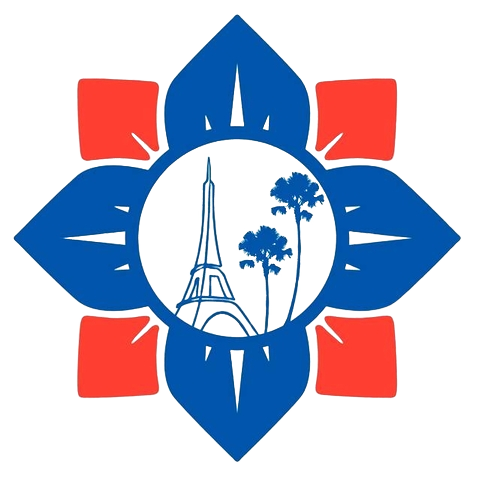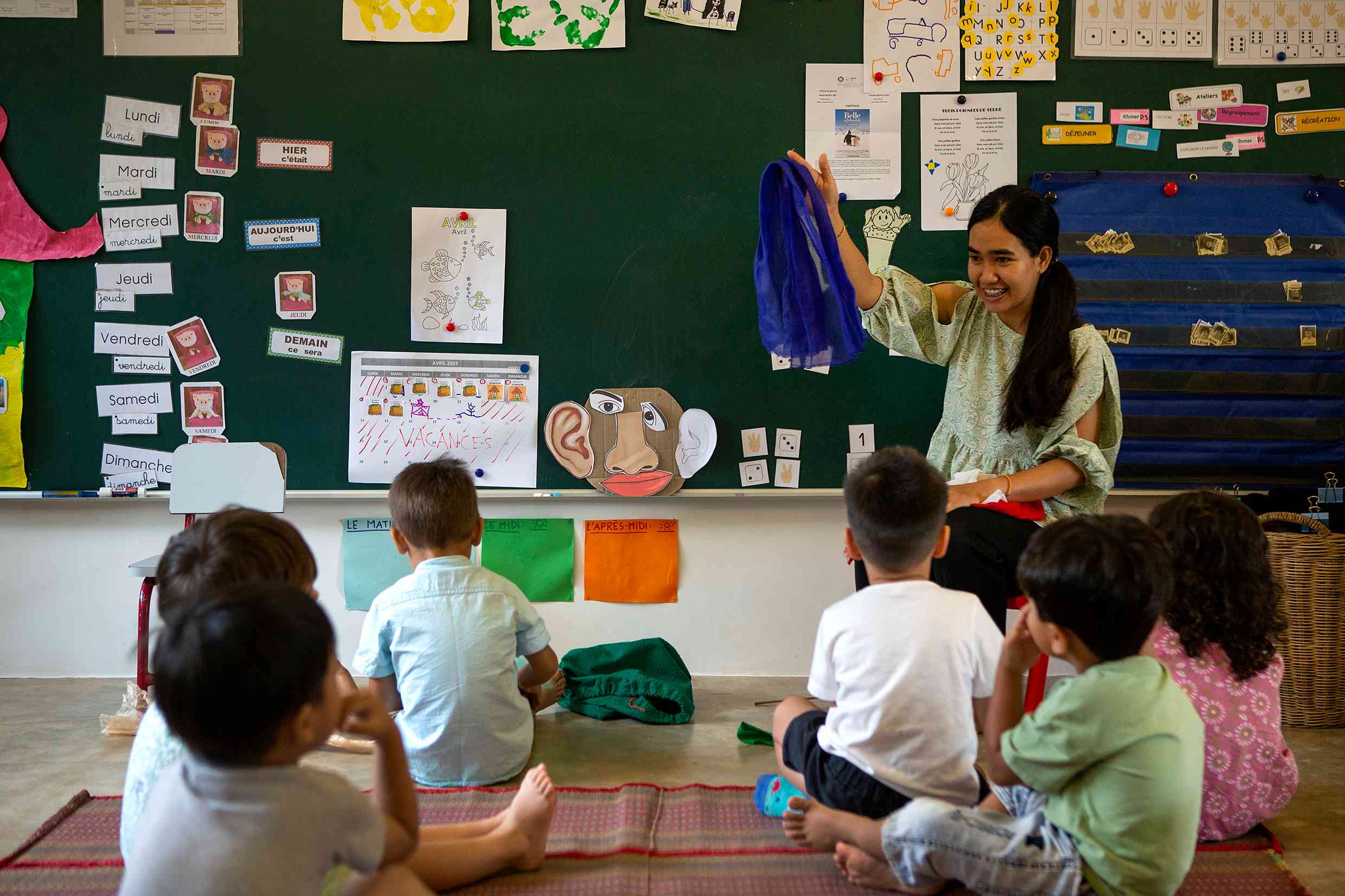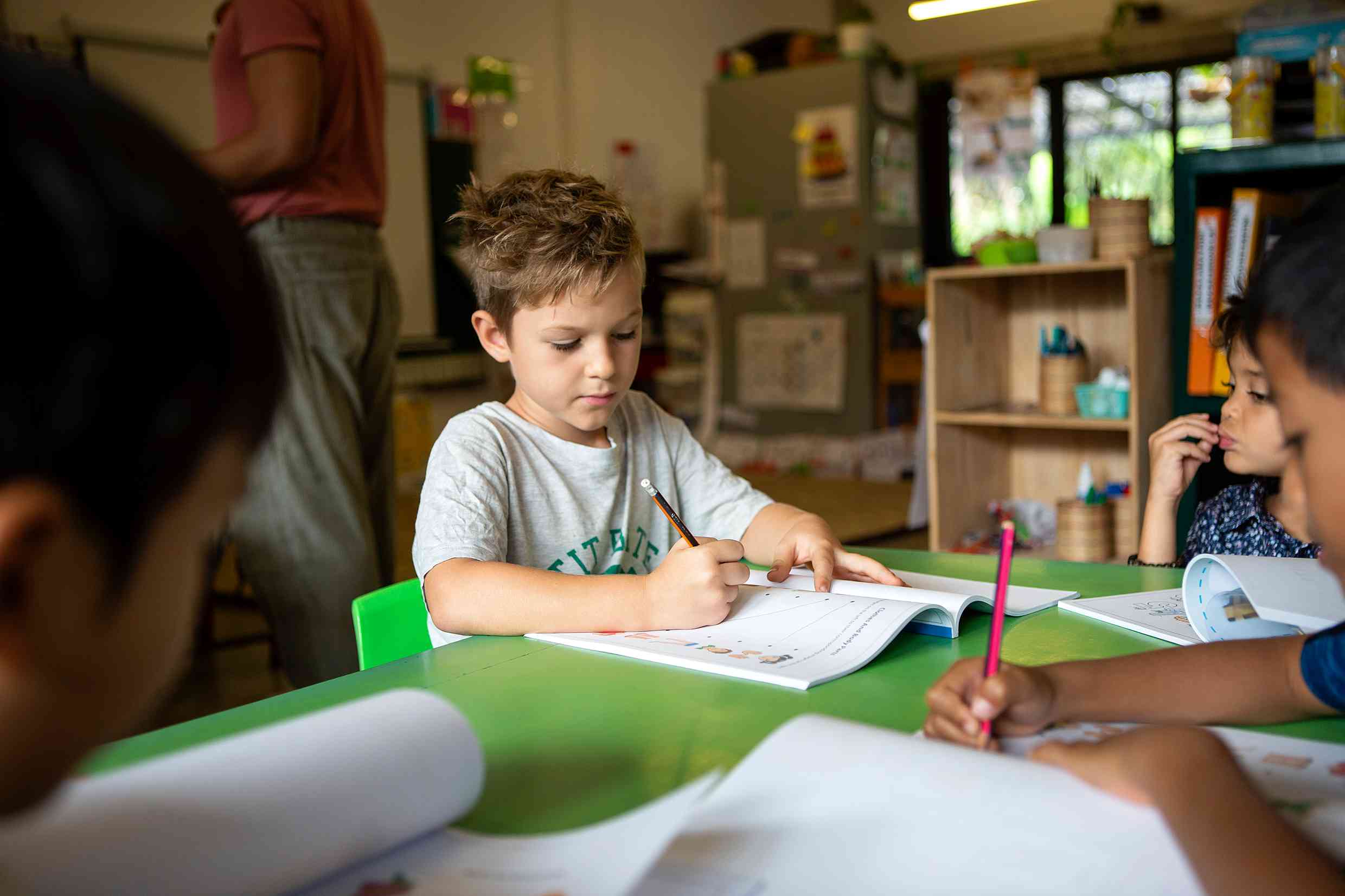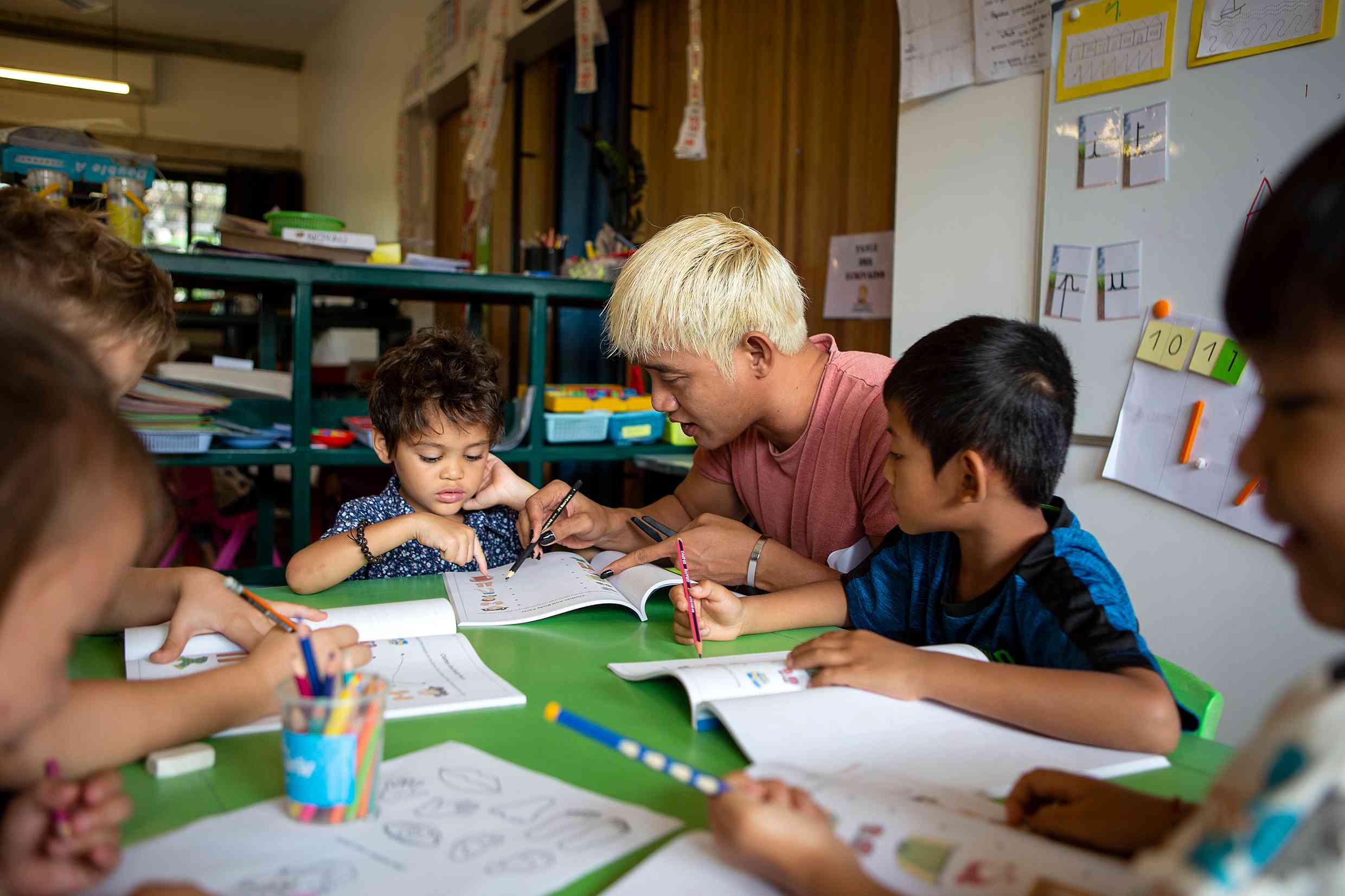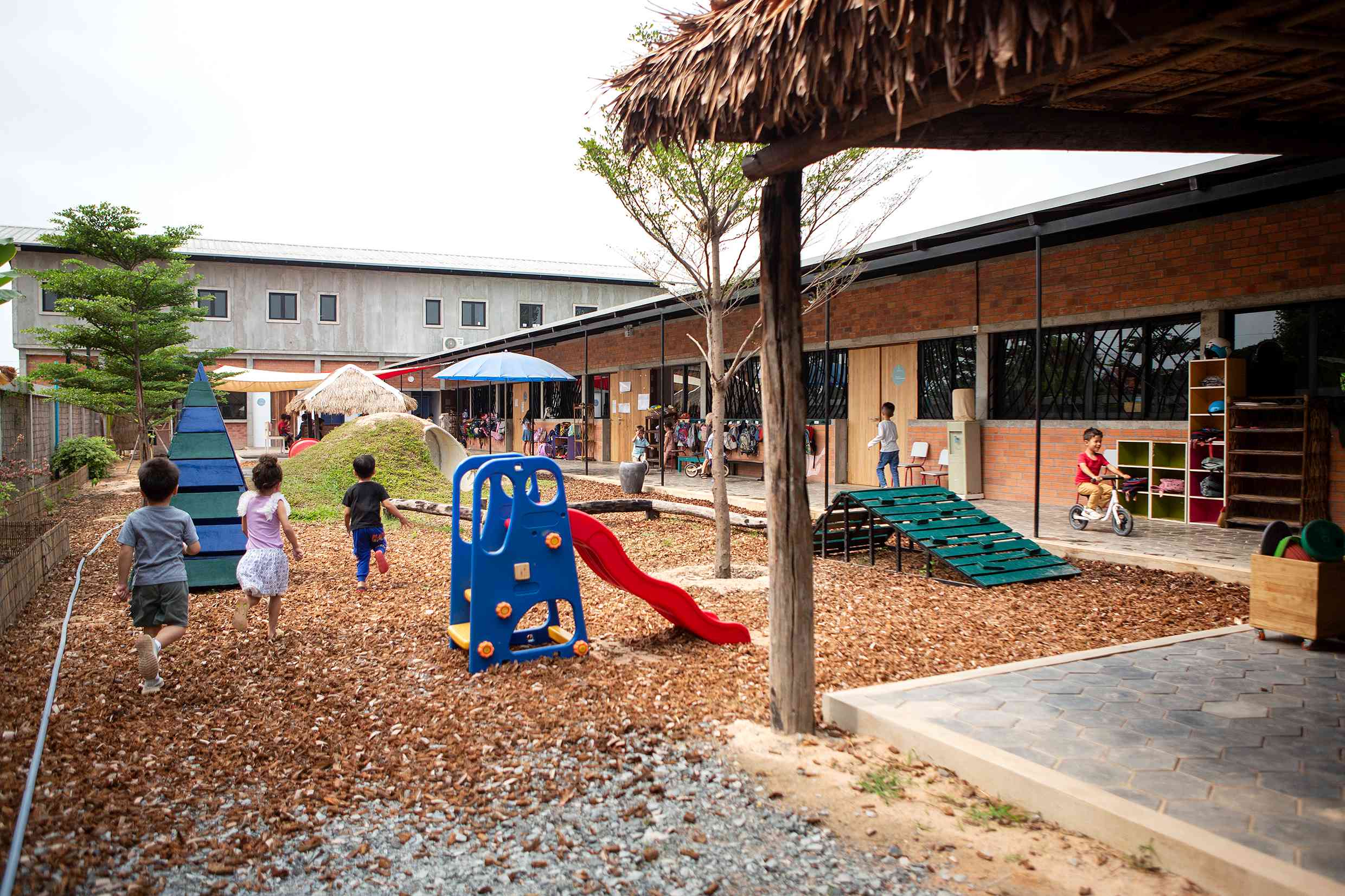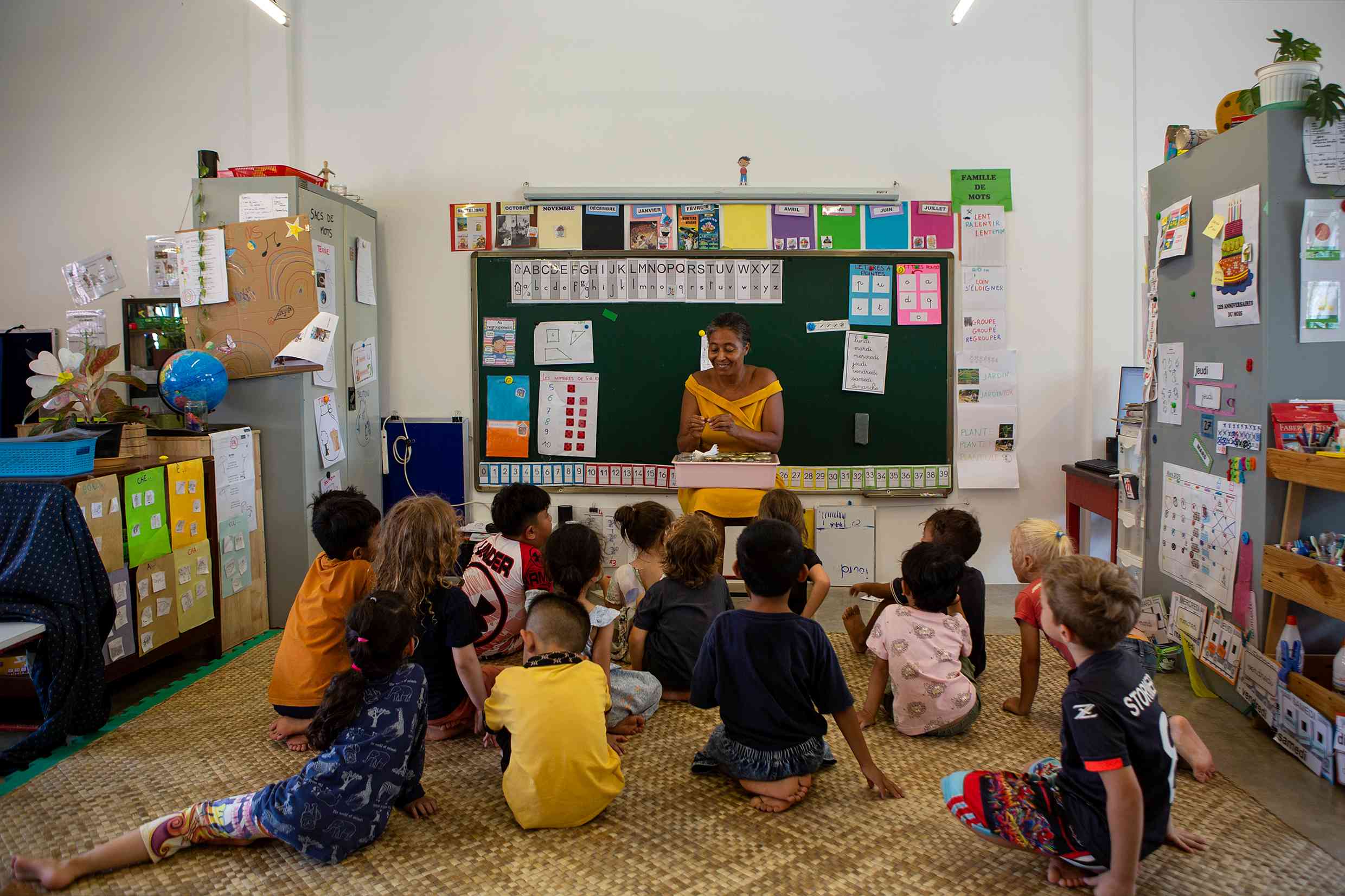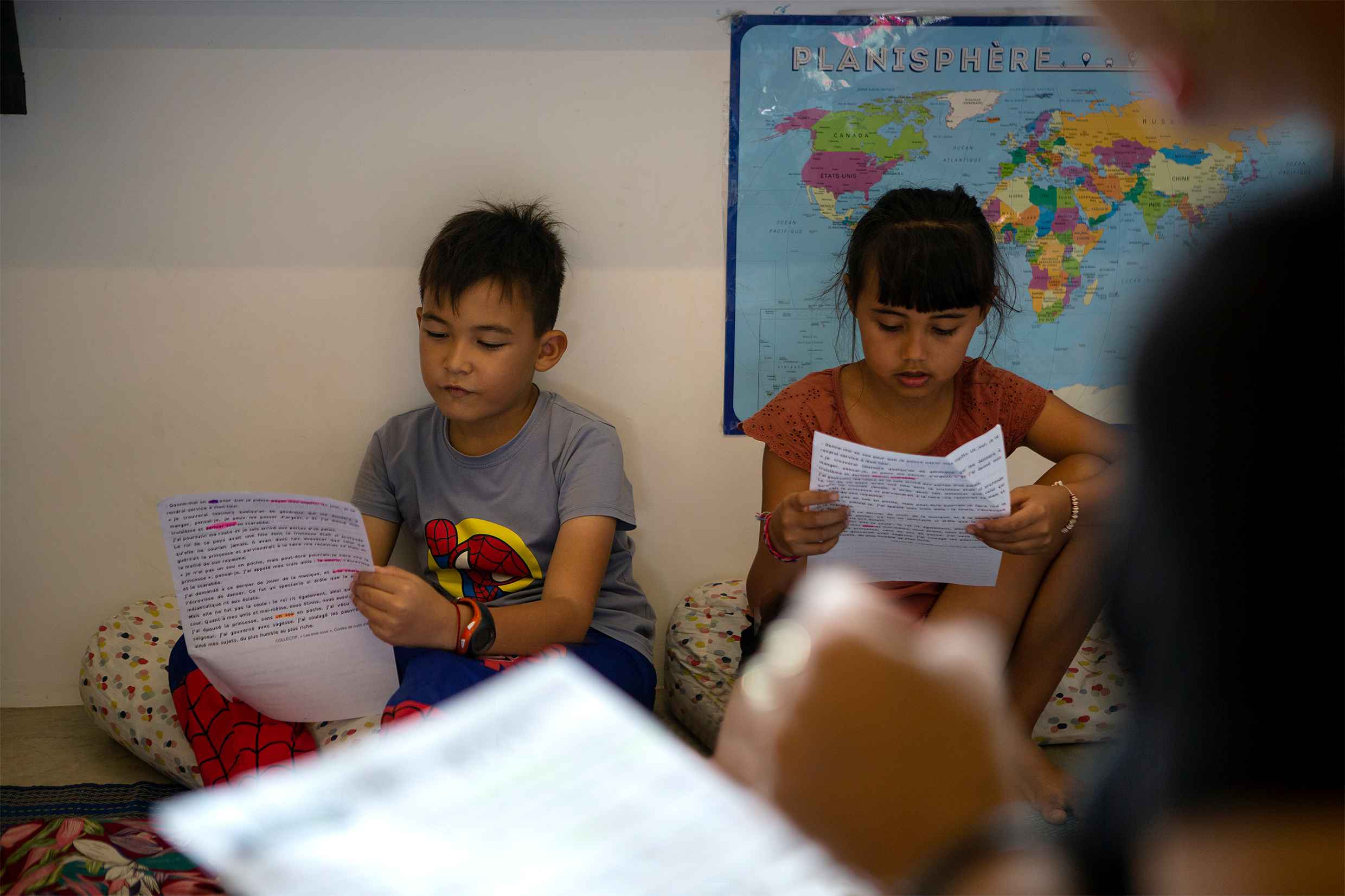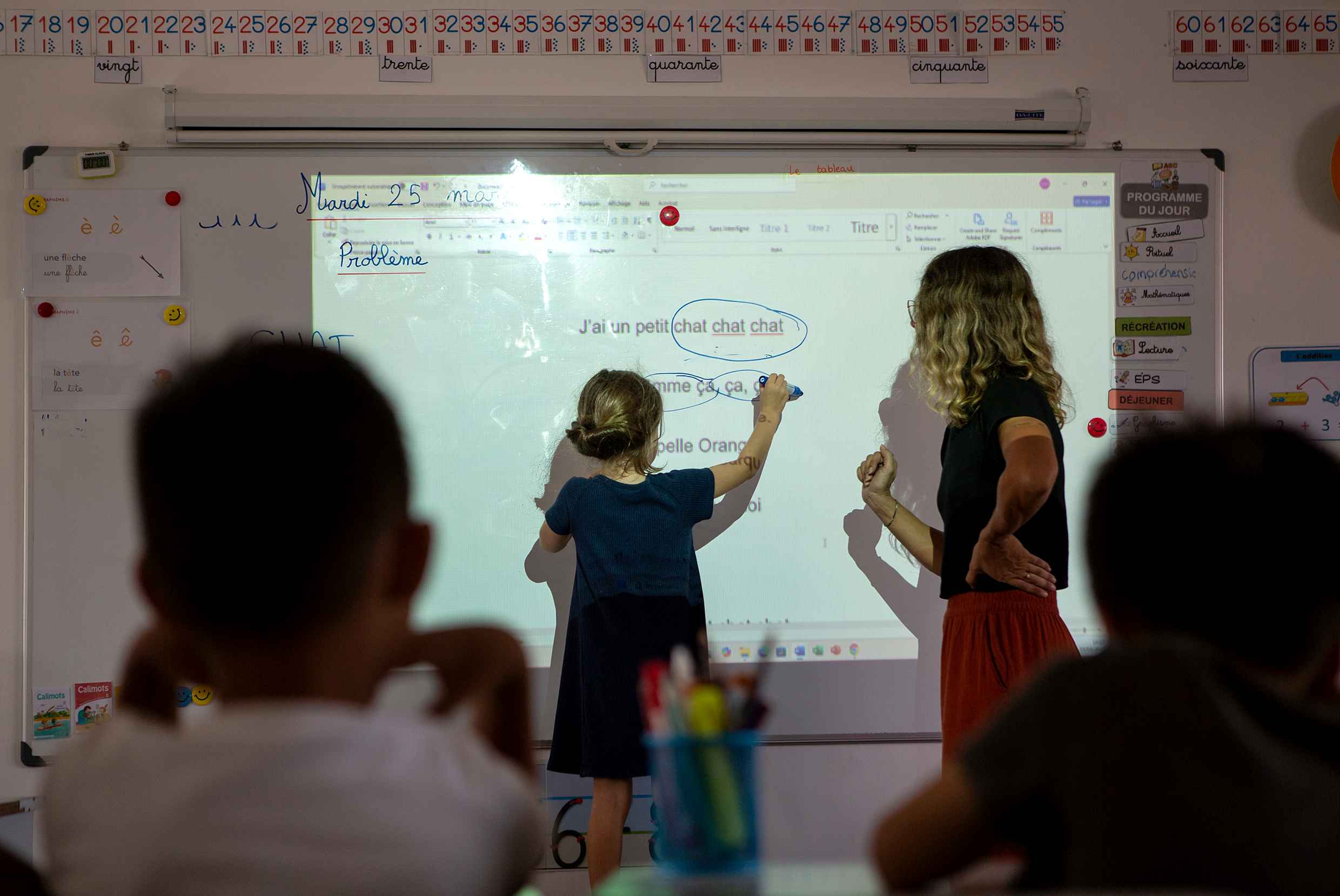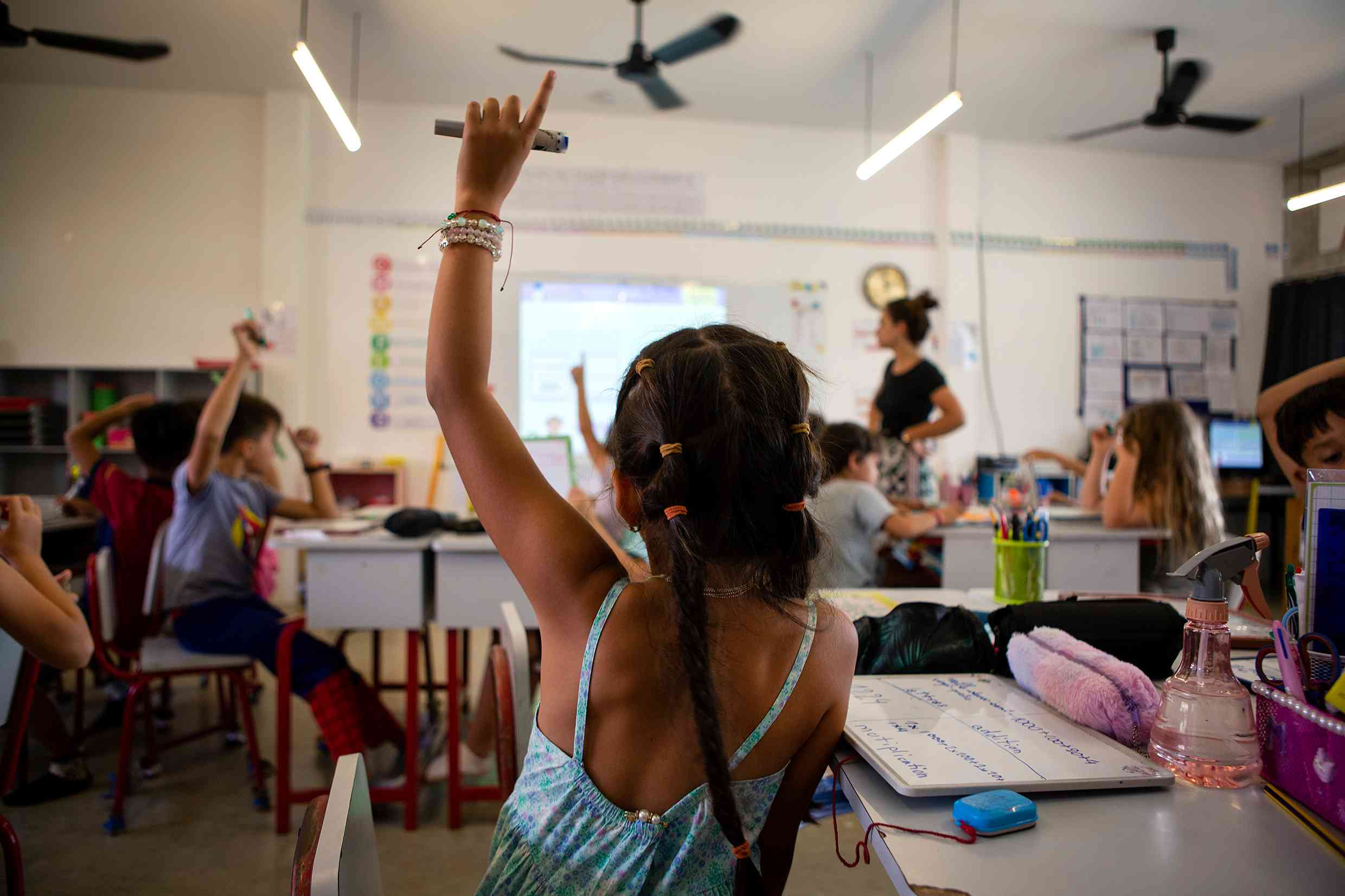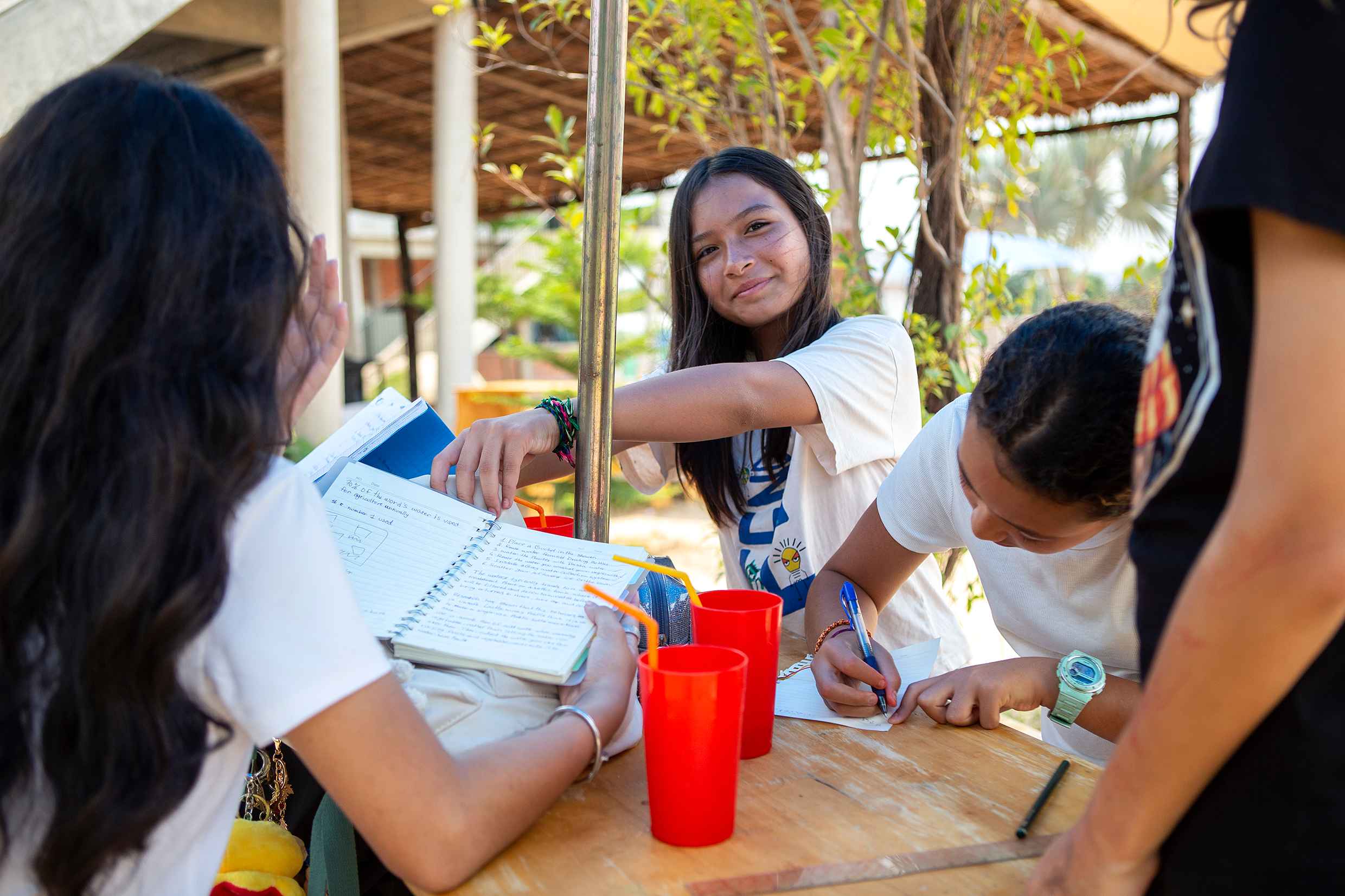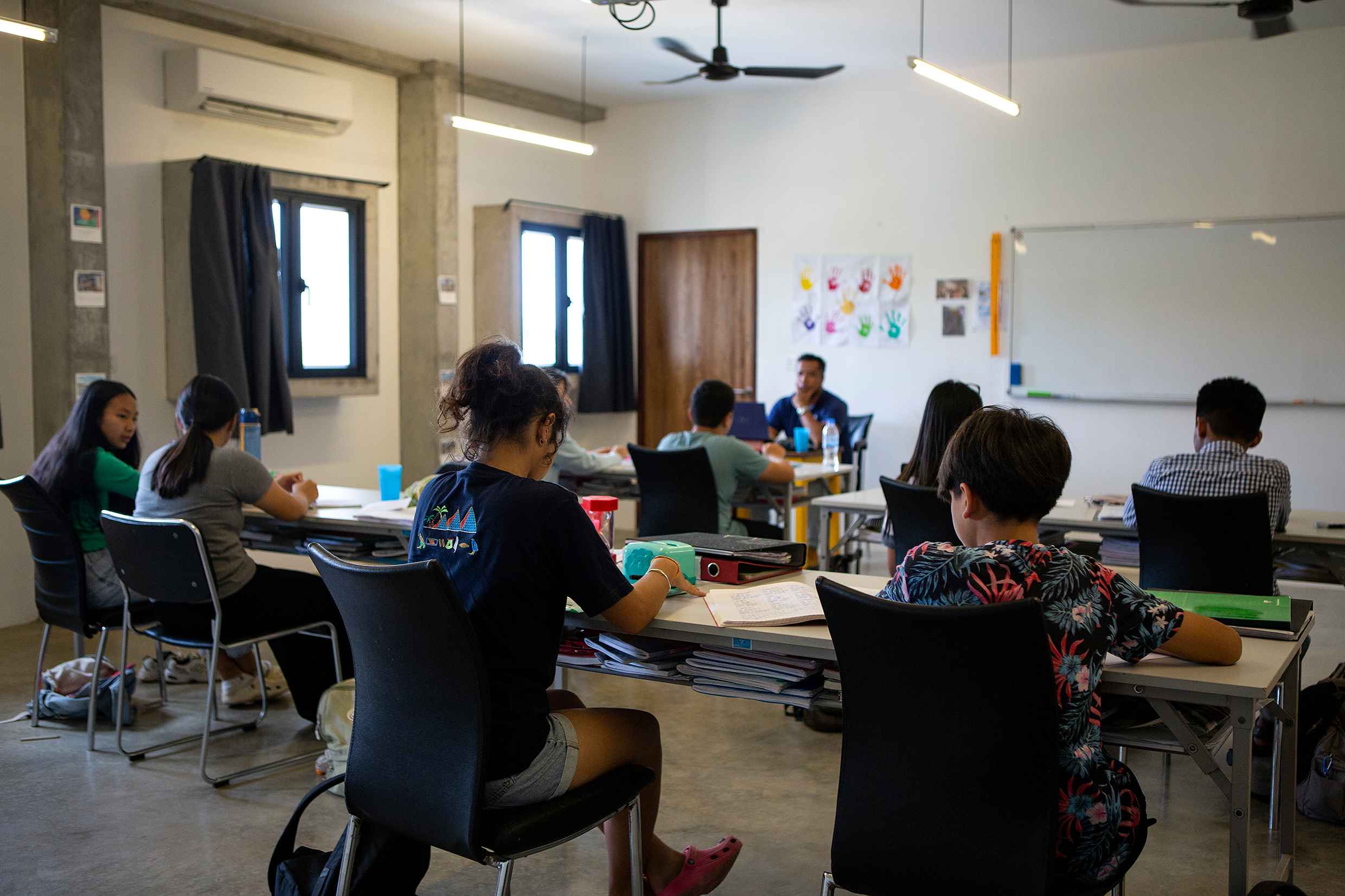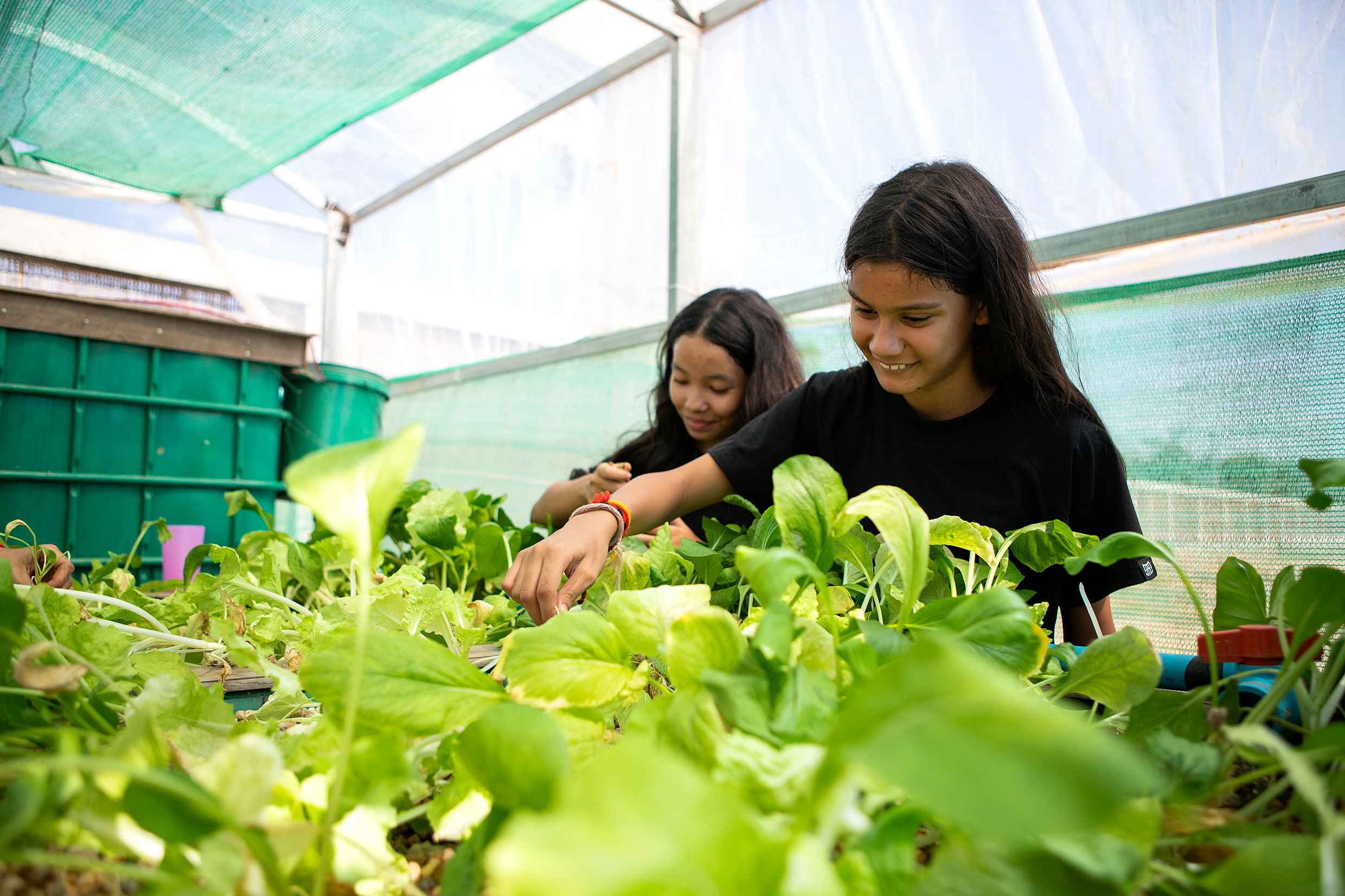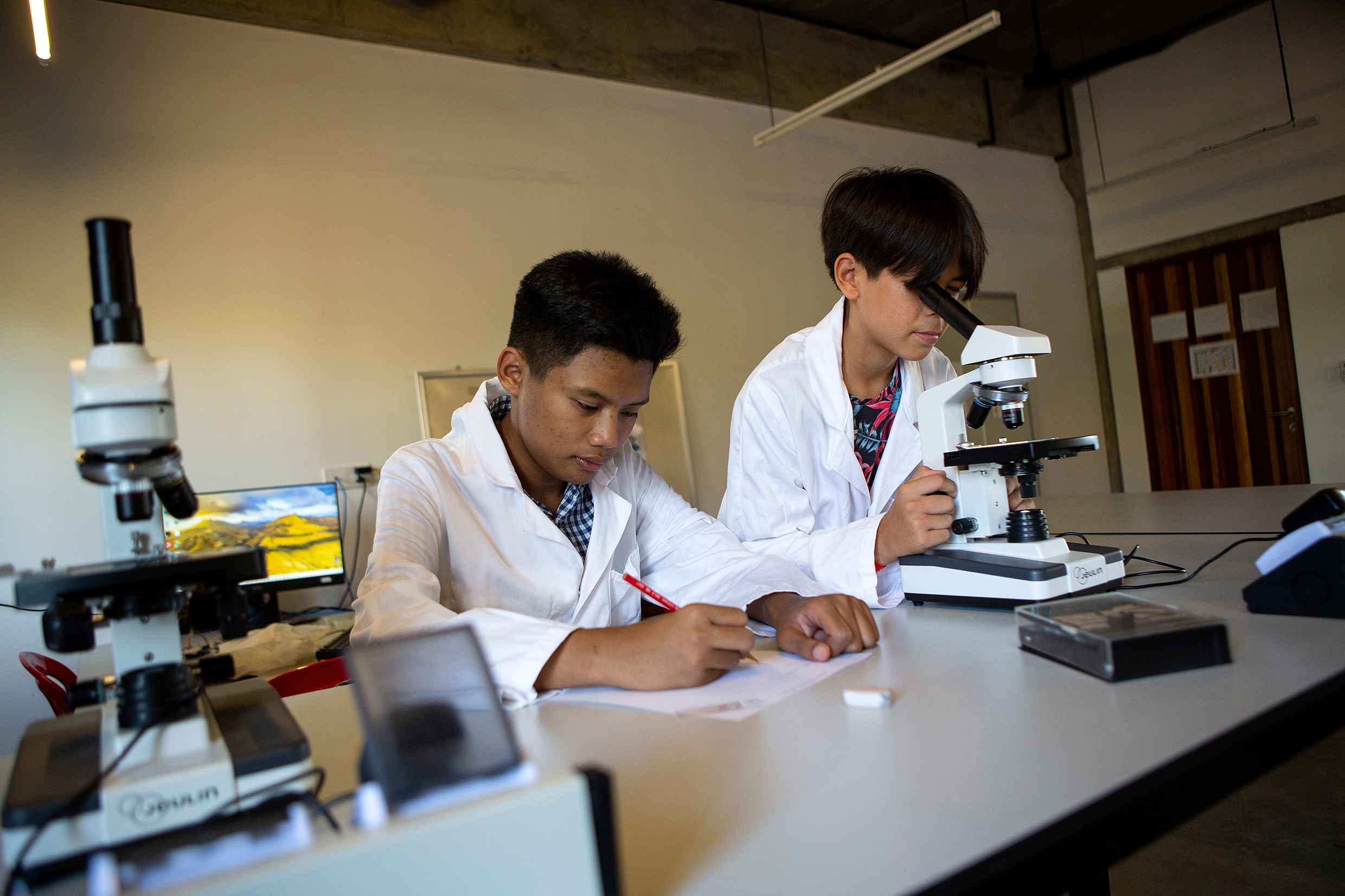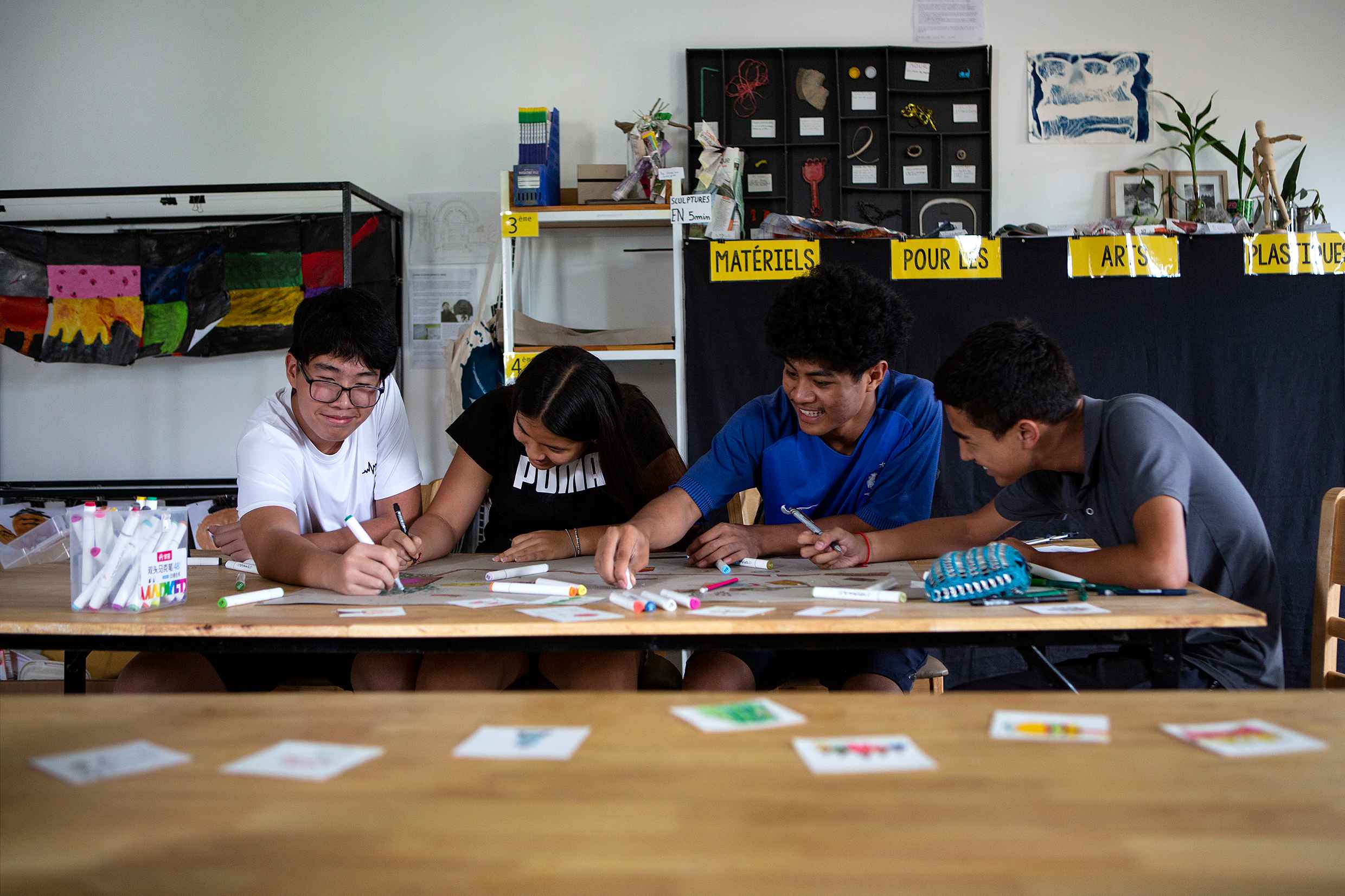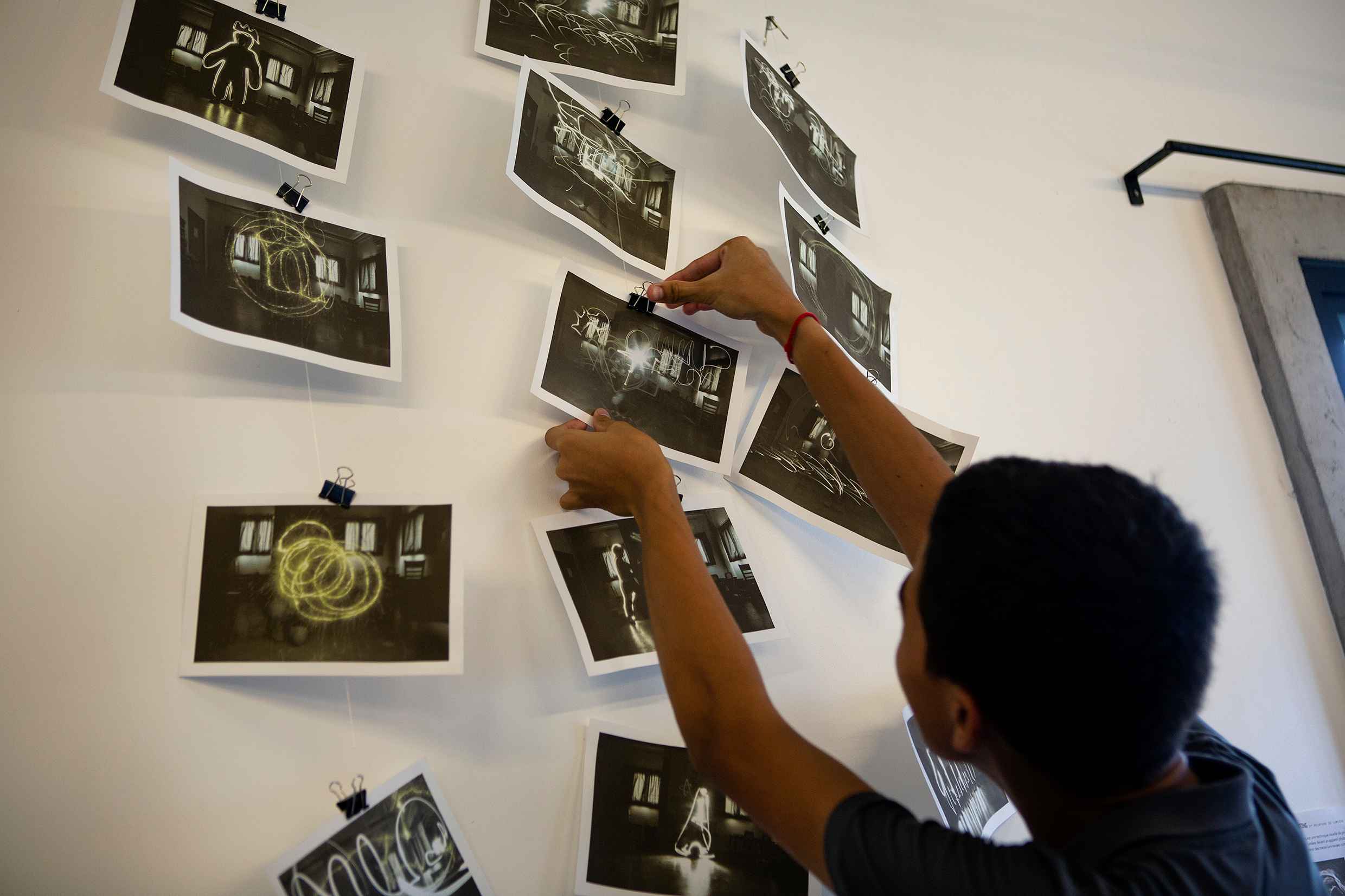- elle suscite le développement de l'intelligence ;
- de la sensibilité artistique ;
- des aptitudes manuelles, physiques et sportives ;
- elle dispense les éléments d'une culture historique, géographique, scientifique et technique ;
- elle offre une éducation aux arts visuels et aux arts musicaux ;
- elle assure l'enseignement de plusieurs langues vivantes et peut comporter une initiation à la diversité linguistique ;
- elle contribue également à la compréhension et à un usage autonome et responsable des médias, notamment numériques ;
- elle assure l'acquisition et la compréhension de l'exigence du respect de la personne, de ses origines et de ses différences ;
- elle transmet également l'exigence du respect des droits de l'enfant et de l'égalité entre les femmes et les hommes.
Les trois premières années de l’élémentaire (cycle 2 : CP, CE1, CE2) sont consacrées aux apprentissages fondamentaux.Au cycle 2, tous les enseignements interrogent le monde. La maîtrise des langages, et notamment de la langue française, est centrale.
Ce qui caractérise le cycle 2 :
- L’acquisition des savoirs fondamentaux (lire, écrire, compter, respecter autrui)
- Le sens et l’automatisation se construisent
- On articule le concret et l’abstrait
- L’oral et l’écrit sont en décalage important
- Les connaissances intuitives tiennent encore une place centrale
- On apprend à réaliser les activités scolaires fondamentales
- On apprend à justifier de façon rationnelle
Au LFI-SR Norodom Monineath Sihanouk, pendant les trois premières années de l’école élémentaire (cycle 2) l’accent est mis sur la maîtrise de la langue française. Les élèves qui ne maîtrisent pas la langue française bénéficient d’un soutien en Français Langue de Scolarisation (FLSco).
- Les deux dernières années de l’élémentaire (cycle 3 : CM1, CM2 + 6ème) sont consacrées à la consolidation des apprentissages fondamentaux qui conditionnent les apprentissages ultérieurs.Ainsi, le cycle 3 relie les deux dernières années de l’école primaire et la première année du collège, dans un souci renforcé de continuité pédagogique et de cohérence des apprentissages au service de l’acquisition du socle commun de connaissances, de compétences et de culture.
Ce qui caractérise le cycle 3 :
- Stabiliser et affermir pour tous les élèves les apprentissages fondamentaux engagés dans le cycle 2
- Préparer la transition entre l’école primaire et le collège (autonomie en lecture et écriture)
- Encourager les élèves à s’exprimer et à communiquer
Au LFI-SR Norodom Monineath Sihanouk, pendant les trois années du cycle 3, l’accent est mis sur l’apprentissage de l’anglais. A l’issue de ces 3 années, l’élève doit être capable d’écouter, de comprendre, de lire, de parler en continu, d’écrire, de réagir et de dialoguer en anglais. Il doit avoir atteint le niveau B1 « intermédiaire » du Cadre Européen Commun de Référence pour les Langues (CECRL).
